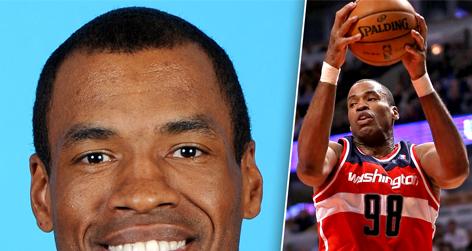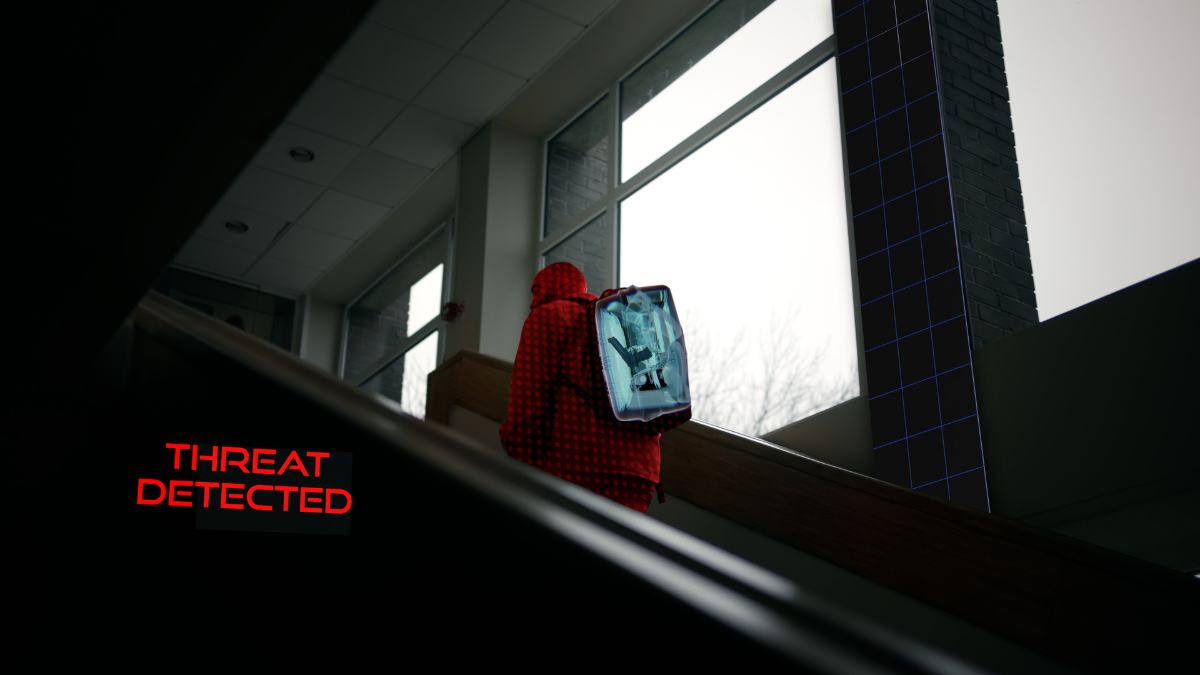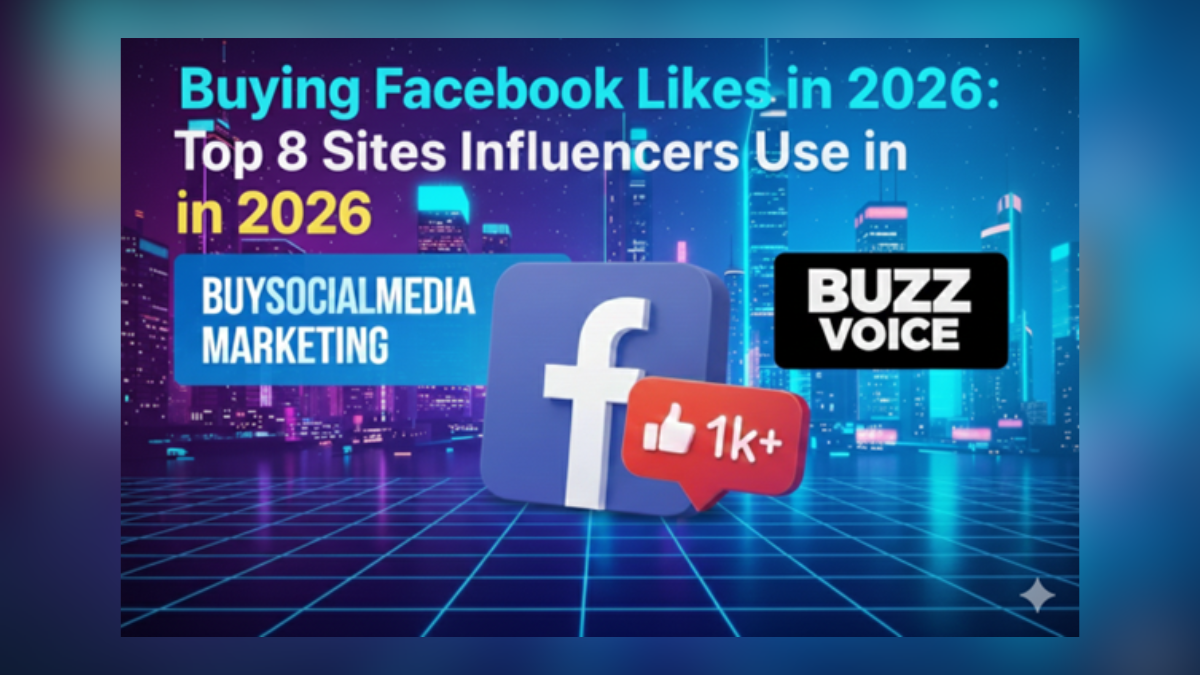NBA's Jason Collins Becomes First Active Player To Come Out, Explains Why Boston Bombings Inspired Him

April 29 2013, Published 2:53 p.m. ET
NBA player Jason Collins is publicly acknowledging that he is gay for the first time in the May 6 issue of Sports Illustrated.
"I'm a 34-year-old NBA center. I'm black. And I'm gay," Collins writes in the first-person essay detailing his journey of self-discovery.
The NBA center says he didn't plan on being the first publicly gay professional basketball player. In fact, he wishes someone else had come out before him.
"I didn't set out to be the first openly gay athlete playing in a major American team sport. But since I am, I'm happy to start the conversation," Collins writes. "I wish I wasn't the kid in the classroom raising his hand and saying, 'I'm different.' If I had my way, someone else would have already done this. Nobody has, which is why I'm raising my hand."
The player says he first began thinking about coming out in 2011 during the NBA player lockout.
"The lockout wreaked havoc on my habits and forced me to confront who I really am and what I really want," Collins writes. "With the season delayed, I trained and worked out. But I lacked the distraction that basketball had always provided."
Collins also credits his former roommate at Standford, Massachusetts Rep. Joe Kennedy, who marched in Boston's 2012 Gay Pride Parade, with inspiring him to publicly acknowledge his sexuality.
"I was proud of him for participating but angry that as a closeted gay man I couldn't even cheer my straight friend on as a spectator," Collins writes in the essay. "If I'd been questioned, I would have concocted half truths. What a shame to have to lie at a celebration of pride."
But it was the Boston Marathon bombings that finally drove the NBA veteran to go public.
"The recent Boston Marathon bombing reinforced the notion that I shouldn't wait for the circumstances of my coming out to be perfect," Collins writes. "Things can change in an instant, so why not live truthfully?"
Collins describes the great lengths he went to in order to conceal his sexuality, calling his decision to come out as "preemptive."
"The announcement should be mine to make….” Collins told his grandmother, who worried his decision to go public with his sexuality would open him up to "prejudice and hatred."
Collins, whose twin brother Jarron also plays in the NBA, acknowledges that the hardest part about coming out was knowing that it would affect his family but says he has been surprised by the love and support he has received from his family since coming out.
As for his fellow NBA players, the 34-year-old athlete known as the "pro's pro" expects his peers to be shocked by his announcement.
"I go against the gay stereotype, which is why I think a lot of players will be shocked: That guy is gay?" Collins writes. "But I've always been an aggressive player, even in high school. Am I so physical to prove that being gay doesn't make you soft? Who knows? That's something for a psychologist to unravel."
In fact, Collins says that despite the difficulty of staying mum even as gay marriage was being debated by the Supreme Court this past March, his teammates are the reason he didn't come out sooner.
"Loyalty to my team is the real reason I didn't come out sooner. When I signed a free-agent contract with Boston last July, I decided to commit myself to the Celtics and not let my personal life become a distraction," Collins writes.
"When I was traded to the Wizards, the political significance of coming out sunk in. I was ready to open up to the press, but I had to wait until the season was over."
But Collins says in his own way, he tried to drop subtle signs over the years, describing how the number 98 on his jersey was a subtle nod of support to the gay community, where the number has great significance for its reference to one of the most notorious anti-gay hate crimes that took place against University of Wyoming student Matthew Shepard in 1998.
"I've struggled with some insane logic. When I put on my jersey I was making a statement to myself, my family and my friends."
Collins, who didn't come out to anyone in the NBA before publishing the essay, says he isn't sure how his teammates or fans will react to the news.
"I'm a pragmatist. I hope for the best, but plan for the worst," Collins -- who hopes he will be judged by his character and performance, not his sexuality -- says.

"My behavior wasn't an issue before, and it won't be one now. My conduct won't change. I still abide by the adage, "What happens in the locker room stays in the locker room."
Still, the NBA star, who is gearing up for his 13th season in the NBA, is ready to lead the way for other gay athletes who want to come out.
"I'm a veteran, and I've earned the right to be heard. I'll lead by example and show that gay players are no different from straight ones," Collins writes.
"Pro basketball is a family. And pretty much every family I know has a brother, sister or cousin who's gay. In the brotherhood of the NBA, I just happen to be the one who's out."


